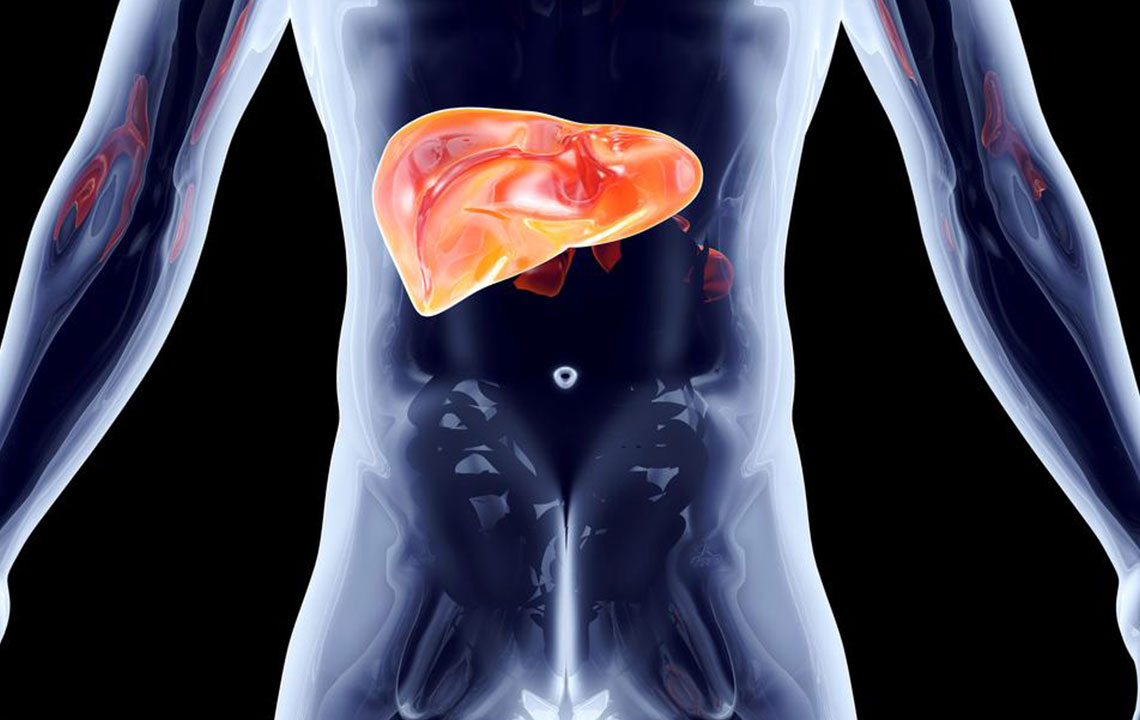Common Pediatric Liver Disorders and Their Treatments
Explore the common types of pediatric liver diseases, including symptoms, causes, and treatment options such as medications and liver transplants. Learn about conditions like ALF, Alagille syndrome, autoimmune hepatitis, and NAFLD, and discover how lifestyle changes and medical interventions can help manage these serious illnesses in children.
Sponsored

Understanding Pediatric Liver Disorders
Liver ailments can affect children, including infants, often requiring specialized medical attention. Known as pediatric liver conditions, these illnesses can sometimes be severe enough to necessitate liver transplants to address serious health risks.
The liver possesses a unique ability to regenerate part of its tissue, enabling it to recover from significant damage. Transplant procedures are typically reserved for critical cases where the liver's function is extensively compromised.
Key pediatric liver diseases include:
Acute Liver Failure (ALF) in Children:
ALF is a severe condition requiring urgent medical intervention, as children may exhibit symptoms like jaundice, bleeding, and confusion. Causes include infections, heart issues, metabolic problems, and autoimmune disorders. Treatment involves supportive care, medications, and in severe cases, liver transplantation.
Alagille Syndrome: This genetic disorder disrupts bile flow from the liver, affecting digestion and potentially damaging the eyes, heart, kidneys, brain, face, pancreas, and spine. Management includes a high-calorie diet, vitamin supplements, medications, and possibly a liver transplant for severe cases.
Autoimmune Hepatitis: This condition causes the child's immune system to attack their own liver, leading to symptoms like fatigue, jaundice, and itching. Treatment primarily involves corticosteroids and immunosuppressants to control the immune response and preserve liver health.
Nonalcoholic Fatty Liver Disease (NAFLD): Excess fat accumulation in the liver over time can cause inflammation, scarring, and progression to cirrhosis or liver cancer. Obesity and metabolic issues are common factors. Lifestyle modifications, including a healthy diet and regular exercise, are crucial for management to prevent serious complications such as strokes or heart disease.
Additional pediatric liver conditions include Wilson's disease, viral hepatitis, urea cycle disorders, tyrosinemia, primary sclerosing cholangitis, primary hyperoxaluria, and organic acidemias, among others.





